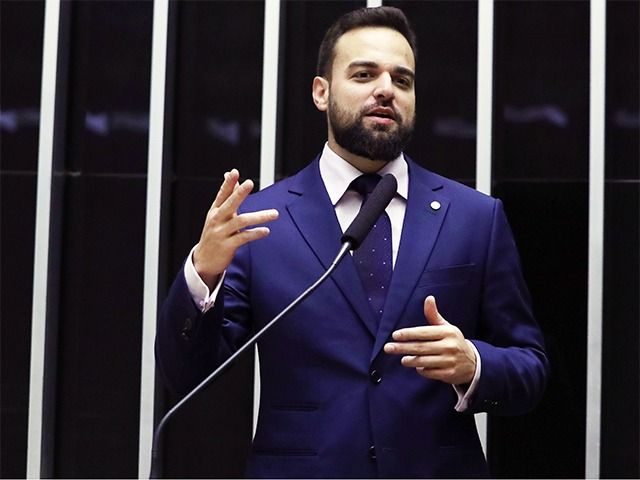Blockchain is becoming a reality not only for crypto investors. Every day it is being inserted in new areas due to its many utilities.
Invented by Satoshi Nakamoto, blockchain is a game-changing technology, present in the life of everyone who has their heads on the crypto market. It is defined as a distributed database that maintains a continuously growing list of ordered records, called blocks. Each block in the chain contains a cryptographic hash of the preceding block, a timestamp, and transaction data. This structure ensures that any attempt to alter a block in the chain would necessitate altering all subsequent blocks and gaining consensus from the entire network, making retroactive changes virtually impossible.
Step by step blockchain is becoming present in the lives of those outside the crypto world, adopted as a tool that can help companies and governments with supply chains, data sharing, copyright protection, and network management. Seeing this movement, the Brazilian Congress is launching a blockchain parliamentary front, aiming to debate the future of this technology in Brazil.

Why was the front formed?
The deputy behind the idea is Caio Vianna, a member of the social democratic party. According to him, the group's priority will be the development of laws that encourage and regulate the use of blockchain in various areas but will also strive to attract investments, whether they are from the public or private sector.
Vianna highlighted the growing impact that blockchain provides to various sectors of the economy, such as healthcare, logistics, finance, education, and agriculture. The parliamentarian also emphasized that the disruptive technology that underpins cryptocurrencies can ensure transparency, traceability, security, and immutability of records. In the words of the deputy, this makes blockchain a strong ally in various sectors for addressing data leaks, fraud, lack of trust in transactions, and issues related to integrity.

Caio is a blockchain enthusiast, he was the author of a request for a public hearing focused on the use of technology in public administration. The curious fact about this new front is that it unites deputies both from right and left, all those who believe that this technology can make a difference in the country's future.
Which countries already adopted blockchain?
Some countries have already adopted blockchain technology, aiming to address various types of solutions. Let's see some examples.
Portugal
Portugal has created a fertile environment for blockchain. Several public services have the technology integrated into their systems, such as healthcare and supply chain management. The country has created a national blockchain strategy, to establish the necessary conditions for the development of the technology in the country.
The region has attracted many crypto enthusiasts. In 2021, the Portuguese government endorsed a decree outlining the prerequisites for establishing technological free zones (ZLTs) to promote innovation in the tech sector. This initiative encompasses facilitating the adoption of blockchain technologies using experimentation and testing.
Singapore
Singapore leads in blockchain adoption, with substantial government investment. Singapore's government is known for its business-friendly and transparent approach. It actively supports blockchain initiatives and incubation opportunities. There are many Blockchain incubation and cooperation projects, including a lot of initial coin offerings (ICOs).

The Monetary Authority of Singapore (MAS) oversees blockchain and crypto development, prioritizing risk management while supporting innovation. A 2022 survey showed 43% of Singaporeans owning crypto, with 58% considering Bitcoin an investment and store of value.
Switzerland
Switzerland's success in blockchain technology is due to its supportive approach. The country aligns Anti-Money Laundering (AML) regulations with international standards, including provisions for Blockchain-based companies. This creates an attractive landscape for investors and start-ups.
One great example in the country is the city of Zug, known as the home of the Ethereum network, which has more than 450 blockchain-based businesses. A great hub for blockchain technology, uniting effective administration with low fraud rates.

Moving Forward
Blockchain is becoming a reality not only for crypto investors. Every day it is being inserted in new areas due to its many utilities. Do you agree that state governments should invest more in blockchain solutions? Or this is a menace to the decentralized crypto ethos? Leave a comment with your opinion!






Comments ()